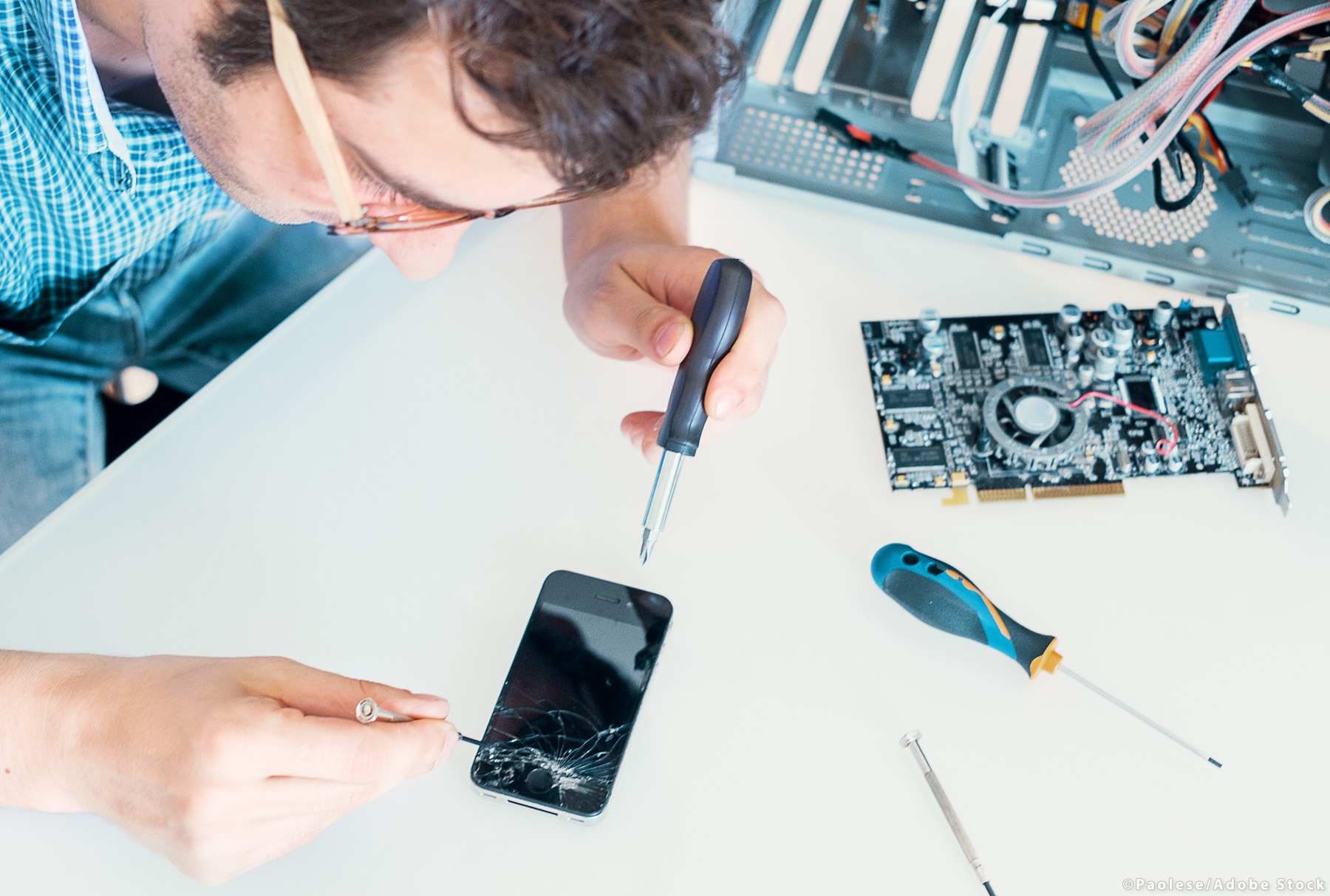In March 2023, the European Commission took a major step towards promoting more sustainable and eco-responsible consumption. The proposal for a directive to facilitate and encourage the repair of consumer goods represents a milestone in the ecological transition. This initiative aims to significantly reduce waste while generating savings for consumers. The Commission’s proposal is due to be adopted by the European Parliament and the Council shortly.
The European Union redefines eco-responsible consumption
Historically, the repair of defective products has often taken second place to replacement, particularly after the expiry of the legal guarantee. The new European proposal aims to reverse this trend, by making repair not only more accessible, but also more financially advantageous.
The Commission’s proposal breathes new life into the repair sector by ensuring that more products are repaired during the legal guarantee period. It also introduces practical and cost-effective solutions for repairing technically repairable products, such as hoovers or smartphones, once the warranty has expired.
The initiative introduces measures to promote repair and re-use. Beyond the legal guarantee, it provides a range of rights and tools to make repair an easily accessible option for consumers. First of all, consumers will have the right to demand that producers repair technically repairable products. For their part, producers will be obliged to inform consumers about the products they are required to repair themselves. The directive also provides for the creation of an online platform bringing together consumers, repairers and sellers of reconditioned products. Finally, another important aspect of this proposal is the development of a European quality standard for repair services. This standard, known as ‘Repair Made Easy’, will be open to all EU repairers willing to commit to minimum quality standards.
Why is action needed?
This directive is part of a wider context in which 77% of Europeans feel personally responsible for combating climate change. Products that are thrown away prematurely represent a considerable waste of resources and contribute significantly to greenhouse gas emissions. Electronic waste, in particular, is a major source of greenhouse gas emissions. The production of new electronic devices and the disposal of old ones generate a significant amount of CO2. For example, the production of a single computer and its monitor requires at least 240 kg of fossil fuels, 22 kg of chemicals and 1.5 tonnes of water. What’s more, according to a UN report, some 51 million tonnes of electronic waste are generated every year around the world, representing an enormous waste of precious resources. Yet only 20% of this waste is properly recycled.
We need to take action, because inadequate treatment of electronic waste contributes significantly to climate change. For example, discarded fridges often release refrigerant gases, which are powerful greenhouse gases. What’s more, repairing an appliance can save the equivalent in energy of the amount needed to manufacture a new one.
So this initiative is more than just a regulation; it symbolises a profound change in the way we consume. By promoting repair, the EU is paving the way for a circular and responsible consumption model, in line with its objective of climate neutrality by 2050. This is just one step towards achieving the Green Pact for Europe, by promoting consumption that is more respectful of our planet and takes into account the fact that resources are limited. France is not lagging behind on these issues, having introduced the repair bonus in 2022, which will be increased from1 January 2024.
To receive all the latest news on the circular economy, subscribe to the LinkedIn page of the European Chair of Excellence in the Circular Economy.





